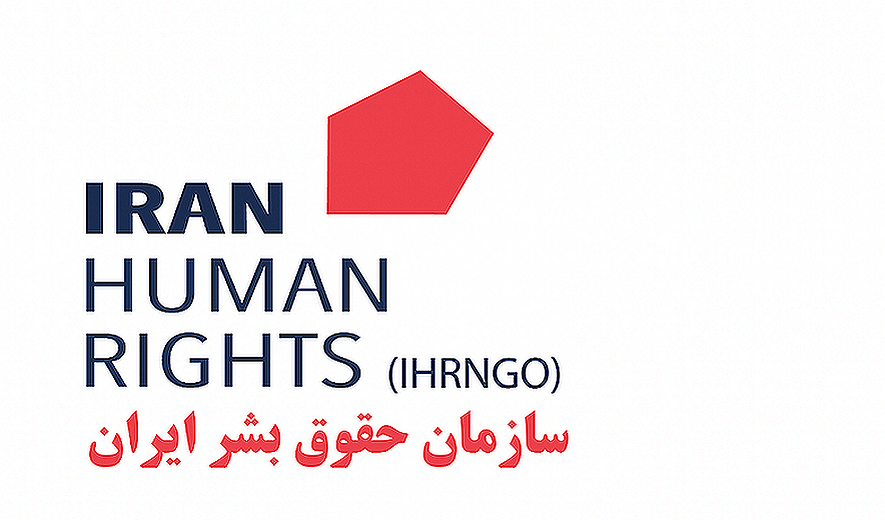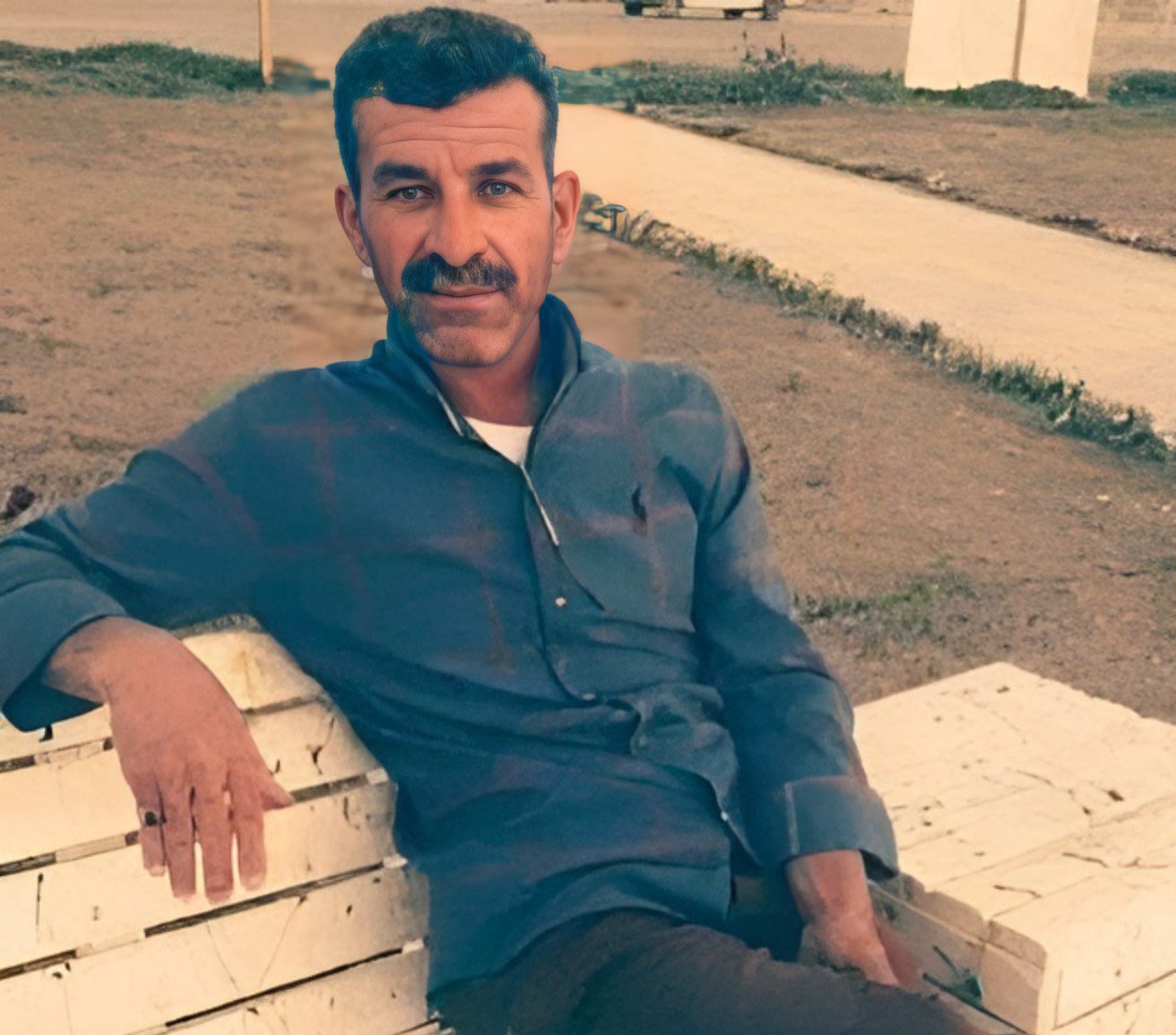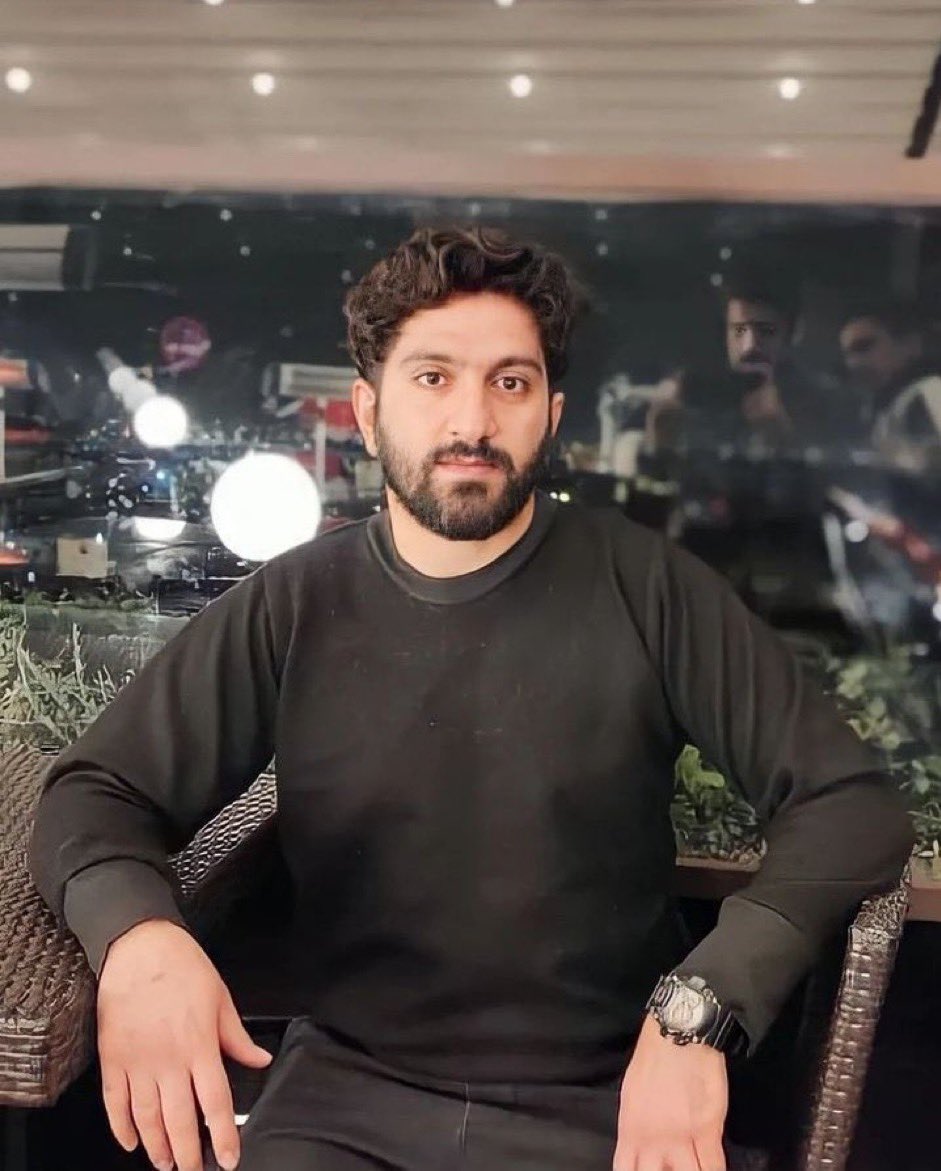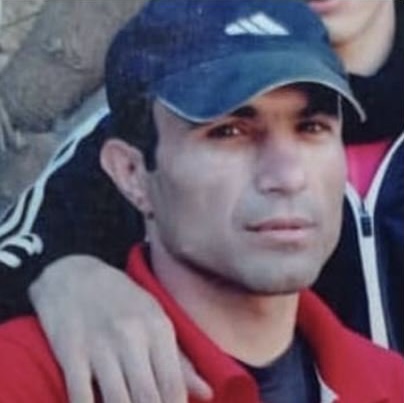IHRNGO Warns of Imminent Execution of Protesters after Supreme Court Rulings

Iran Human Rights (IHRNGO); February 3, 2024: Protesters Abbas Deris and Reza Rasayi are at imminent risk of execution after their death sentences were upheld by the Supreme Court. Mojahed Kourkour’s death sentence confirmation was previously reported.
Condemning the use of the death penalty against protesters, Iran Human Rights calls for the international community’s special attention to death row protesters.
Director, Mahmood Amiry-Moghaddam previously said their sentences were “based on torture-tainted forced confessions and without due process and fair trial rights, have no legal basis. The sole purpose of these sentences are to intimidate people and the only way to stop them is to raise their political cost for the Islamic Republic through mass campaigns and international pressure.”
At least 72 people have been executed by the Islamic Republic in January.
According to Abbas Deris’ lawyer, Fereshteh Tabanian, she is making an Article 477 judicial review application after his Article 474 appeal was rejected by the Supreme Court. Reza Rasayi’s death sentence has also been upheld by the Supreme Court. Mojahed Kourkour is another protester whose death penalty was recently upheld. They are all at imminent risk of execution.
Abbas Deris

51-year-old Abbas Deris is a father of three children who was arrested on 8 December 2019 along with his 31-year-old brother, Mohsen Deris in the aftermath of the Mahshahr canebrake crackdown during the November 2019 nationwide protests where at least 60 people were killed according to eyewitnesses and up to 100 people per other sources. They were charged with “moharebeh (enmity against god), disrupting public order and participating in the murder of a special unit officer.”
Abbas and Mohsen were denied access to lawyers until the case was referred to the Revolutionary Court. Their “confessions” to the murder were aired by state media prior to any legal proceedings. Abbas Deris later stated in court that he had made self-incriminating confessions under torture and pressure in solitary confinement. In the summer of 2021, the Deris family were verbally informed that the brothers were sentenced to death prior to the commencement of any legal proceedings. Upon hearing the news, Abbas’ wife suffered a stroke and tragically passed away leaving their three children as de facto orphans. The family were pressured to obtain forgiveness from the victim’s family per qisas laws which they refused at the time, insisting on their innocence.
Fereshteh Tabanian was allowed to represent the brothers after the case was referred to the Revolutionary Court. The first session of their trial took place in Mahshahr Prison due to “security reasons” on 10 May 2022 and the second session at Branch One of the Mahshahr Revolutionary Court on 13 September 2022. On 22 October 2022, Abbas was sentenced to death for the moharebeh charges by the Revolutionary Court and Mohsen was acquitted. According to Article 279 of the Islamic Penal Code, moharebeh is defined as: “drawing a weapon on the life, property or honour of the public or causing them terror, in a way that creates an environment of insecurity.”
The brothers also faced murder charges at the Criminal Court. However, as the plaintiffs in the case, the victim’s family stated that they do not hold Abbas and Mohsen responsible. They are therefore no longer facing murder charges but as the victim has small children, the Deris brothers were legally required to pay diya (blood money). A copy of the family’s statement was also submitted to the Supreme Court, which was ignored.
According to their lawyer, Fereshteh Tabanian, the Supreme Court ignored key flaws in the case in confirming his death sentence. As well as Abbas Deris stating in court that his confessions were extracted under torture in solitary confinement, the only evidence connecting him to the gun allegedly used to kill the officer, is the testimony of a neighbour who was caught with the gun themselves. Furthermore, as no bullet was found on the victim’s body, there is no evidence proving the bullet was fired from the gun attributed to Abbas.
In the case, Abbas is alleged to have shot the officer from the top of a building. A weapon expert report commissioned by the court determined the distance between the victim and the building Abbas was standing on to have been 40 metres, which the lawyer says was gravely underestimated. At the time, defence filed an objection and a three-person expert panel was formed by the state. They determined the distance to have been between 130-150 metres, which the brothers’ lawyers also rejected as they stated the distance was even more. Per Ms Tabanian, a five-person expert panel should have been formed which the court ignored.
Moreover, according to the lawyer, Abbas Deris has poor eyesight, struggling to see even with his glasses on. Trees are also lined in front of the building in question, which would have impaired his vision even further. This crucial fact was ignored by the Court.
Three eyewitnesses also testified not to have seen the brothers committing the alleged shooting and stated that they did not know who the victim was shot by. Informed sources previously told Iran Human Rights that the second expert brought in the case had opined that the victim was shot from the back, not from the protesters he was facing which has also been ignored.
Mohsen Deris was released from prison on a bail of 500 million tomans on 23 October 2023.
In an interview with state media, Fereshteh Tabanian said: “After Abbas Deris’ moharebeh sentence was upheld, we appealed but unfortunately, Branch 1 of the Supreme Court rejected our request and upheld Abbas’ death penalty.”
According to the lawyer, given that the alleged victim’s family had declared that Abbas was not their son’s killer, the Supreme Court could have removed the death penalty from his case and handed down other legal punishments for moharebeh.
“After the rejection of the appeal based on Article 474, we’ve submitted an Article 477 application,” she continued. The judicial review application will be initially be considered by the Khuzestan province judiciary. Once approved, the case will then be sent to the Supreme Court. “There should be a stay of execution after filing the Article 477 (judicial review) application according to the law. We hope our application will be approved, this is really our last hope,” Ms Tabanian added.
The Mahshahr canebrake crackdown which took place in November 2019, is considered one of the most bloody crackdowns in the Islamic Republic. According to eyewitnesses, security forces opened fire at the unarmed protesters who had blocked the street in Chamran (Jarahi), northern Mahshahr, killing many people. When protesters ran towards the canebrake next to the street to take cover, security forces fired heavy artillery and set parts of the canebrake on fire, killing more people. An eyewitness told Iran Human Rights: “At least 20 people were killed on the street and 40 killed in the canebrake.”
Reza Rasayi

Reza (Gholamreza) Rasayi is a 34-year-old Kurdish protester of the Yarsani faith who was arrested in relation to the death of IRGC member Nader Beirami at a ceremony held for Yarsani leader, Seyed Khalil Alinejad, which people used as an opportunity to protest, holding “Woman, Life, Freedom” signs. Authorities falsely claimed the gathering which they violently crushed, was unrelated to protests.
Reza was the first defendant in a group trial of 11 defendants for charges of “participating in the murder of Nader Beirami with a cold weapon, participating in intentional bodily harm to the aforementioned with a knife and participating in disruption of public order by creating conflict, controversy and uproar” at Branch 2 of the Kermanshah province Criminal Court. In court documents obtained by IHRNGO, Reza denies the charges but after “investigations” he confesses to stabbing the officer. His co-defendants in the case were compelled to testify against Reza and were subsequently released or faced lighter sentences. One defendant later states that he never saw Reza stab the victim and his testimony was made “out of fear.” Reza did not testify against anyone else himself and denied the charges in later investigations and in court, stating clearly that his confessions had been extracted under torture. All other defendants also later retracted their testimonies which had been made “under torture.” The court also dismissed two expert testimonies in Reza’s favour including that of the Kermanshah Forensic Medical Examiner whose testimony meant the fatal blow could not have been committed by Reza.
In the judgement, the testimonies of torture were dismissed and despite a lack of evidence, the judge relied on elme qazi (knowledge of the judge- see page 41 of this report) to sentence him to qisas (retribution-in-kind) for murder on 7 October 2023. The IRGC officer’s family, who are the plaintiffs in the case, requested qisas, Reza’s execution.
Reza’s family were informed that his sentence had been upheld by Branch 17 of the Supreme Court on 24 December 2023. His appeal has been rejected by Branch One of the Supreme Court without addressing the legal flaws and contradictions” according to HRANA news agency.
Mojahed Kourkour

Mojahed Kourkour (Abbas Kourkouri) is a Bakhtiari protester arrested on 20 December 2022 after being shot in the leg. He was denied medical treatment beyond the removal of the bullet and forced to confess to killing 10-year-old Kian Pirfalak who was killed by security forces in Izeh on 17 November while injured and after being subjected to torture. His forced confessions were aired prior to any legal proceedings. Multiple witnesses have testified that Mojahed Kourkour was not at the protest in Izeh that day. Mojahed was indicted for charges of “moharebeh (enmity against god) through drawing a weapon with the intention to kill people and create fear, efsad-fil-arz (corruption on earth) committed through firing a war weapon, disrupting public order, causing harm to physical integrity of seven people including Kian Pirfalak, causing major damage to public and private property, forming a baghy group and its membership through armed rebellion against the government (baghy/armed rebellion)” at the Revolutionary Court.
His trial took place on 19 March 2023 and he was sentenced to death by the Ahvaz Revolutionary Court on 7 April 2023. He was denied the right to be represented by his own lawyer at trial. On 24 December 2023, his family were informed by the Ahvaz Revolutionary Court that his sentence had been upheld by Branch 39 of the Supreme Court without being shown any document evidence of the verdict. They were told his case had been sent back to Izeh and his lawyer could appeal the decision. It is important to note that filing an appeal will not halt the execution according to Iran’s laws.
Mojahed Kourkour has also been indicted for murder charges by the Criminal Court. If convicted, he will be sentenced to qisas (retribution-in-kind) and the families of the seven named individuals in the case will have to decide between qisas (hanging), diya (blood money).

